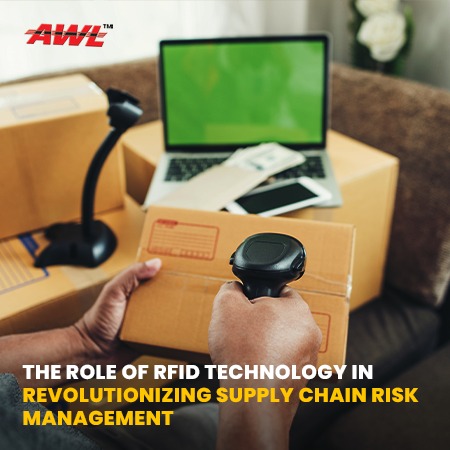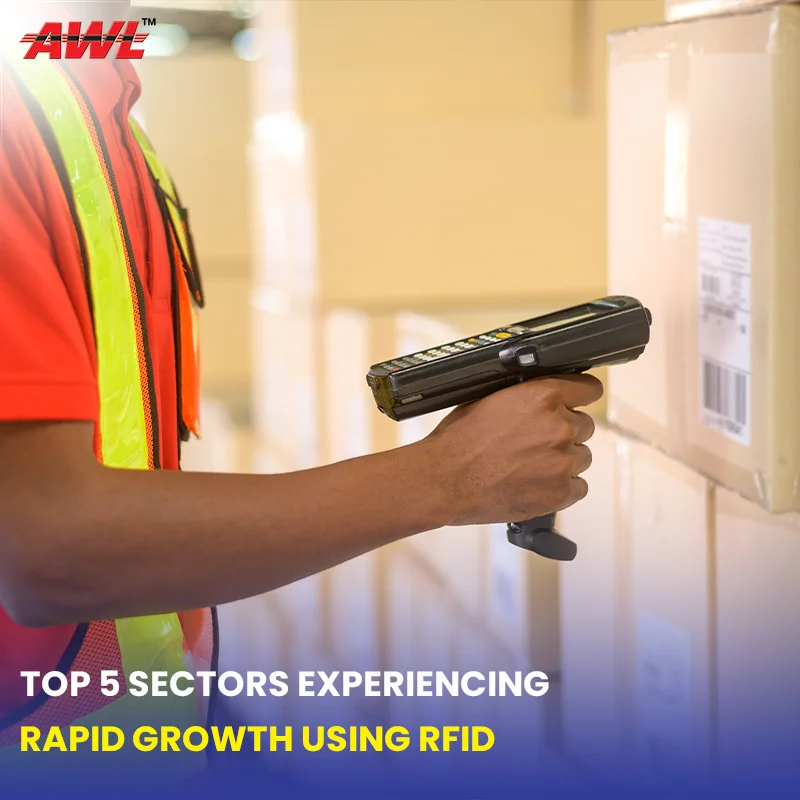

In an era defined by rapid globalization, technological advancement, and shifting consumer demands, effective supply chain management has become an intricate dance that demands precision, adaptability, and resilience. The key to mastering this intricate dance lies in a robust risk management strategy. Among the arsenal of tools available, Radio-Frequency Identification (RFID) technology emerges as a transformative force, with AWL India leading the way in effectively leveraging this technology within their warehouses and achieving remarkable results.
The Complex Landscape of Supply Chain Risk
The modern supply chain is a complex network of interconnected components, from manufacturers and distributors to retailers and consumers. This complexity introduces a plethora of potential risks, including but not limited to:
In this dynamic and multifaceted landscape, risk management is not an option but a necessity. The ability to predict, assess, and mitigate risks is integral to ensuring the resilience of supply chains.
The RFID Advantage in Supply Chain Risk Management
RFID technology is uniquely positioned to address many of the challenges presented by the modern supply chain. It provides real-time visibility, traceability, and data-driven insights that are invaluable in the context of risk management. Let's explore how RFID technology enhances various facets of supply chain risk management:
AWL India's Exemplary Use of RFID in Risk Management
AWL India stands as a shining example of an organization that has harnessed the power of RFID technology to revolutionize supply chain risk management within their warehouses. Their approach combines cutting-edge RFID solutions with a commitment to excellence in every facet of their operations.
Predictive Risk Mitigation: AWL India has harnessed RFID data to create predictive models that forecast potential risks and disruptions. By identifying patterns and trends within their supply chain, they can proactively address issues and ensure the smooth flow of goods.
Inventory Optimization: AWL India's real-time inventory tracking with RFID has resulted in efficient inventory management. The ability to monitor stock levels in real-time has allowed them to reduce overstock and stockouts, minimizing risks associated with excess inventory or shortages.
Compliance Excellence: The pharmaceutical and logistics sectors, in which AWL India operates, are subject to stringent regulatory requirements. AWL India's use of RFID technology ensures full compliance with track-and-trace regulations, reducing the risk of non-compliance penalties.
Security and Anti-counterfeiting Measures: AWL India's integration of RFID technology into their supply chain extends to security and anti-counterfeiting measures. By authenticating products in real-time, they safeguard their supply chain against the infiltration of counterfeit or tampered products.
Environmental Risk Preparedness: AWL India's commitment to environmental risk management includes using RFID technology to track the movement of goods. In the event of environmental disruptions, such as natural disasters, they can rapidly identify the location of goods and take decisive action to mitigate risks.
Conclusion: A New Dawn in Supply Chain Risk Management
As the global supply chain landscape continues to evolve, the role of RFID technology in risk management cannot be overstated. AWL India's exemplary use of RFID within their warehouses illustrates the transformative power of this technology in predicting, assessing, and mitigating risks.
In an environment characterized by demand variability, supplier reliability concerns, environmental factors, regulatory compliance, market competition, security threats, and pandemic uncertainty, organizations that leverage RFID technology stand to gain a significant advantage. They can enhance real-time visibility, predict risks, optimize inventory, ensure regulatory compliance, improve security, and prepare for environmental disruptions. With AWL India leading the way, the future of supply chain risk management is marked by resilience, adaptability, and excellence.

